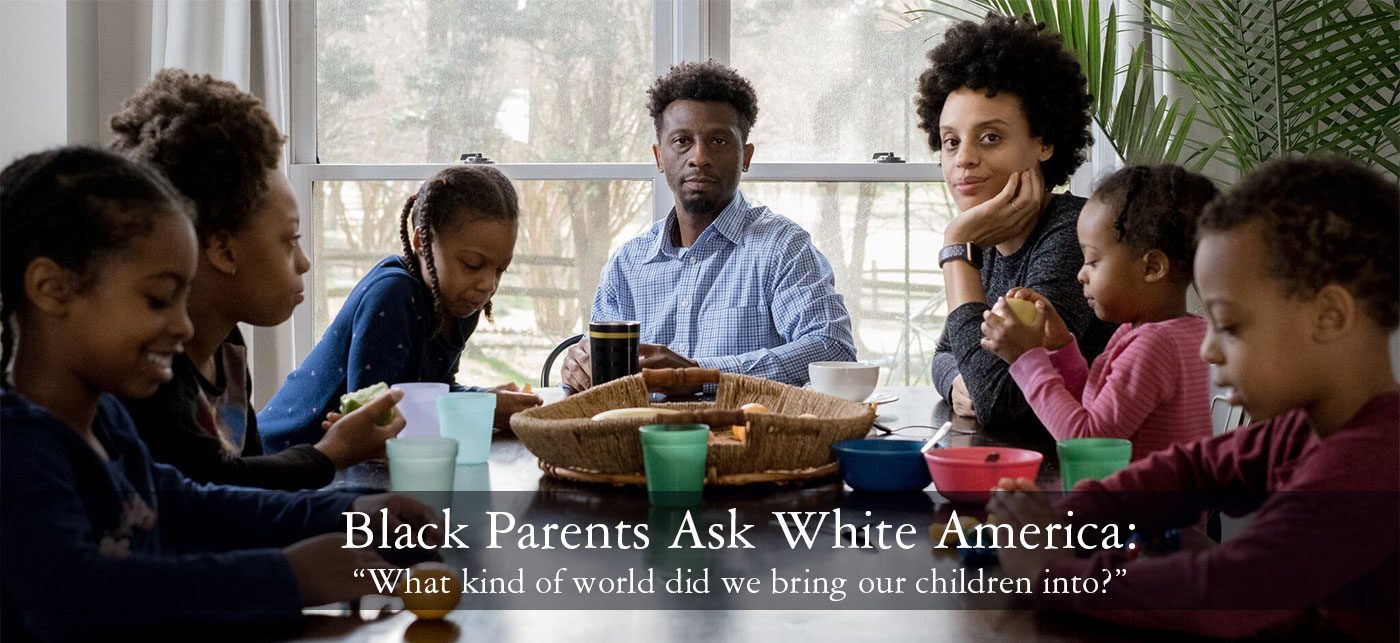In 1974, scientists discovered the fossil of the beginning of modern-day humans in Ethiopia. The fossil belonged to an African female. Isn’t that amazing? As we celebrate Women’s History Month in 2024, let me introduce to you Lucy from Ethiopia, the ancestor of modern-day humans. Additionally, we have Dr. Frances Cress Welsing, a renowned psychiatrist who applied scientific analysis to the study of racism and white supremacy. Lastly, we have Betty Ann Stephens, a gifted empath who touched many lives through her work in education, ministry, and as an extraordinary life coach.
Lucy from Ethiopia
The story of human evolution is a complex tapestry of genetic mutations, environmental adaptations, and gradual changes over millions of years. Within this narrative, one remarkable individual stands out as a pivotal figure in the journey towards modern-day humanity. Her name is Lucy, an African woman belonging to the species Australopithecus afarensis. Her fossilized remains, discovered in Ethiopia in 1974, provide crucial insights into our early ancestors’ ability to walk upright—a defining characteristic of Homo sapiens.
Lucy’s discovery in the Afar region of Ethiopia by paleoanthropologist Dr. Donald Johanson and his team was a groundbreaking moment in the field of human evolution. The fossilized remains, dated to approximately 3.2 million years ago, represented a nearly complete skeleton of an adult female Australopithecus afarensis. Lucy holds a special place in history and the story of human evolution. Through her fossilized remains, she has provided extraordinary insights into the origins of upright walking and the evolutionary processes that shaped our species. Lucy’s legacy extends far beyond the scientific realm, capturing our collective fascination and reminding us of our shared ancestry.
Dr. Frances Cress Welsing, Psychiatrist and Blacktivist
Dr. Frances Cress Welsing, a true trailblazer and visionary, deserves immense honor and recognition for her invaluable contributions to the field of psychiatry and her groundbreaking insights on the complexities of race and racism. As a distinguished African American psychiatrist, Dr. Welsing fearlessly challenged prevailing societal norms, shedding light on the profound impact of white supremacy on the collective psyche of Black individuals. Her seminal work, “The Isis Papers: The Keys to the Colors,” delved into the psychological effects of racism, providing a thought-provoking analysis that continues to inspire critical discussions and promote racial understanding.
Dr. Welsing’s unwavering dedication to dismantling oppressive systems and her commitment to empowering the Black community make Dr. Welsing an extraordinary and influential figure in the ongoing struggle for racial equality and equity. Her legacy serves as a guiding light for generations to come, reminding us of the power of knowledge, courage, and compassion in the pursuit of justice and liberation.
Betty Ann Stephens – Educator and Blacktivist
Betty Ann Stephens, a remarkable African American born in Atlanta, Georgia, deserves heartfelt honor and recognition for her tremendous contributions as a social worker and a dedicated minister. For many decades, she selflessly served the Atlanta Public School System, bringing compassion, support, and guidance to countless students and families in need. As a social worker, Betty Ann Stephens worked tirelessly to create a safe and nurturing environment for young minds to thrive, advocating for their well-being and ensuring they had access to the resources they needed to succeed.
Betty Ann Stephens played a vital role in leading and inspiring numerous youth on their spiritual journeys, helping them find solace, hope, and a deeper connection with God. She was an ordained minister at the Christian Mission Baptist Church, and founder of the Prayer Circle Group in Atlanta that continues today.
Betty Ann Stephens touched the lives of many, leaving a lasting legacy of love, faith, and compassion. Her tireless efforts to uplift others and guide them towards a brighter future make her an extraordinary role model, reminding us of the transformative power of service and faith.


